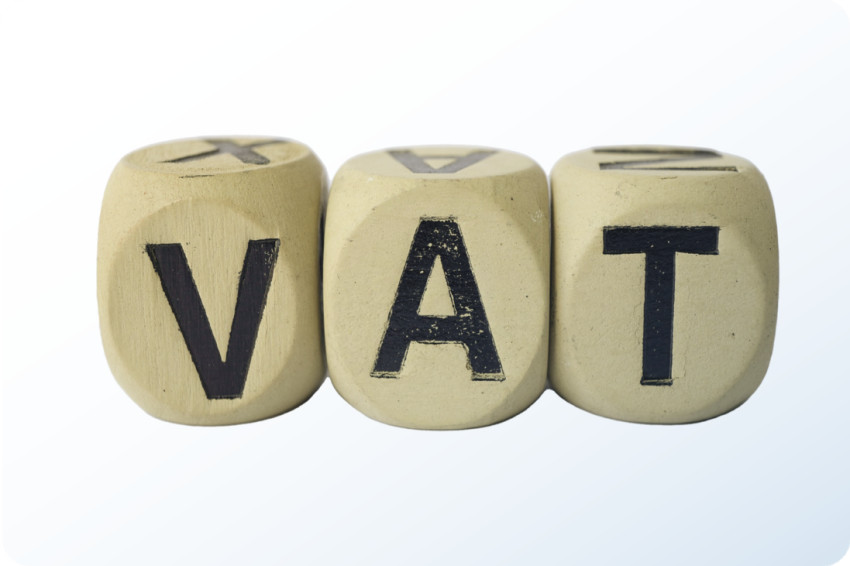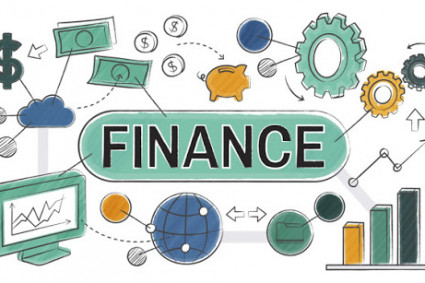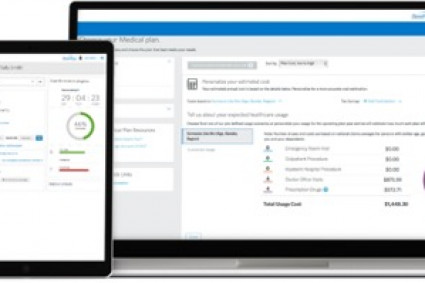
In the world of business, VAT, or Value Added Tax, is a pivotal term that plays a significant role in financial transactions. Let’s delve into the basics of VAT and unravel its importance in the business landscape.
What is VAT?
Value Added Tax (VAT) is a consumption tax imposed on goods and services at each stage of the production and distribution chain. It’s ultimately borne by the final consumer but collected at each stage of the supply chain. In simpler terms, it’s a tax on the value added to a product or service at every step of its production and distribution.
The UK’s VAT system is designed to be transparent, ensuring that consumers are aware of the tax they are paying on the goods and services they purchase. This tax is a crucial revenue stream for the government, funding various public services and infrastructure projects.
Who needs to register for VAT?
Not every business needs to register for VAT, but if your taxable turnover exceeds a certain threshold, which is set by HMRC, you are required to register. The VAT registration threshold in 2024 is £85,000. If your business turnover surpasses this amount in any consecutive 12-month period, you must register for VAT.
VAT Rate Types
VAT in the UK comes in different rates. The standard rate, which is the most common, is 20%. This applies to most goods and services. There’s also a reduced rate of 5%, which is applicable to certain items like children’s car seats and energy-saving materials. Additionally, some goods and services are zero-rated (0%), such as most food items and children’s clothing.
Exempt supplies, on the other hand, are not subject to VAT. Examples include the majority of financial and insurance services.
It’s essential to understand the applicable rate for your business transactions to ensure proper tax compliance.
VAT Threshold
The VAT threshold is the total turnover at which a business is required to register for VAT. As mentioned earlier, the standard threshold in the UK is £85,000. It’s crucial for businesses to monitor their turnover closely, as exceeding this threshold triggers the legal obligation to register for VAT with HMRC.
For businesses that are approaching the threshold, careful financial planning becomes imperative. Preparing for VAT registration includes considering the impact on pricing, cash flow, and administrative processes.
VAT Return and VAT Deadline
Once registered for VAT, businesses are required to submit regular VAT returns to HMRC. These returns outline the VAT collected on sales and the VAT paid on purchases during a specific period.
VAT returns are usually submitted quarterly, and the deadlines for submission and payment are crucial. Missing these deadlines can result in penalties and interest charges. Therefore, it’s vital for businesses to maintain accurate records and stay organized to meet their VAT obligations promptly.
Navigating the complexities of VAT in the UK requires attention to detail and a clear understanding of the regulations. As your business grows, the importance of compliance becomes even more critical.
Hiring professional small business accountants ensure that your VAT obligations are met accurately and on time. They can help you navigate the intricate world of VAT, maximize your VAT reclaims, and ensure that your business remains in good standing with HMRC. From keeping track of your turnover to submitting accurate VAT returns, small business accountants bring expertise that can save you time, money, and potential headaches.




